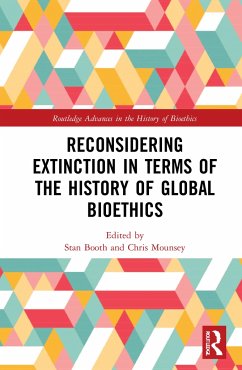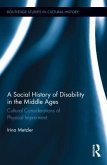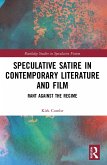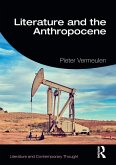Reconsidering Extinction in Terms of the History of Global Bioethics continues the Routledge Advances in the History of Bioethics series by exploring approaches to the bioethics of extinction from disparate disciplines, from literature, to social sciences, to history, to sustainability studies, to linguistics. Van Rensselaer Potter coined the phrase "Global Bioethics" to define human relationships with their contexts. This and subsequent volumes return to Potter's founding vision from historical perspectives, and asks, how did we get here from then? Extinction can be understood in terms of an everlasting termination of shape, form, and function; however, until now life has gone on. Where would we humans be if the dinosaurs had not become extinct? And we still manage to communicate, only not in proto-Indo-European, but in a myriad of languages, some more common than others. The answer is simple, after extinction events, evolution continues. But will it always be so? Has the human race set planet earth on a collision course with nothingness? This volume explores areas of bioethical interpretation in relation to the complex concept of extinction.








